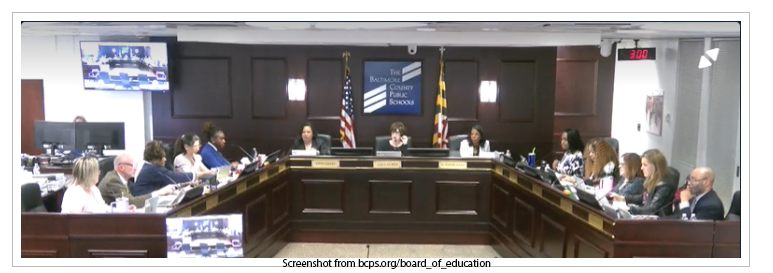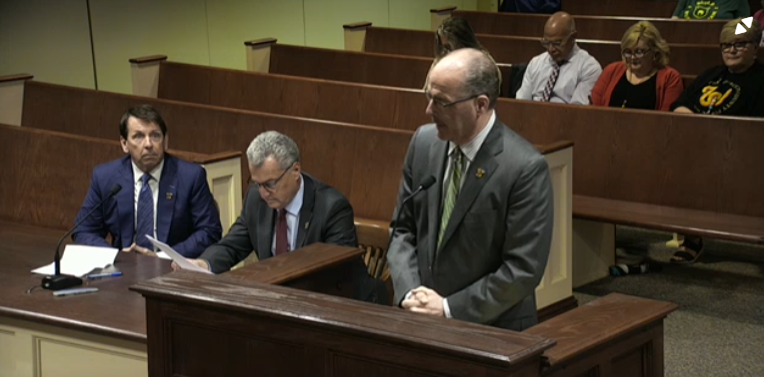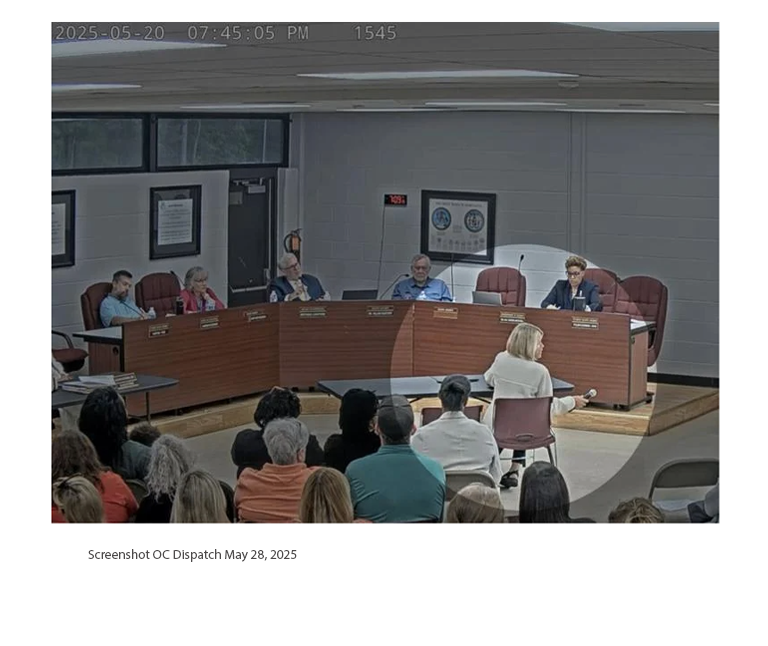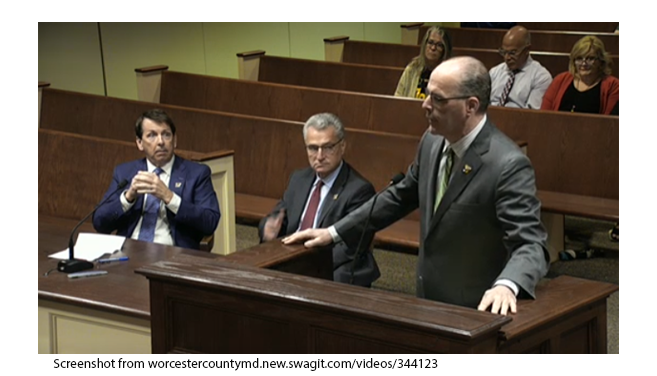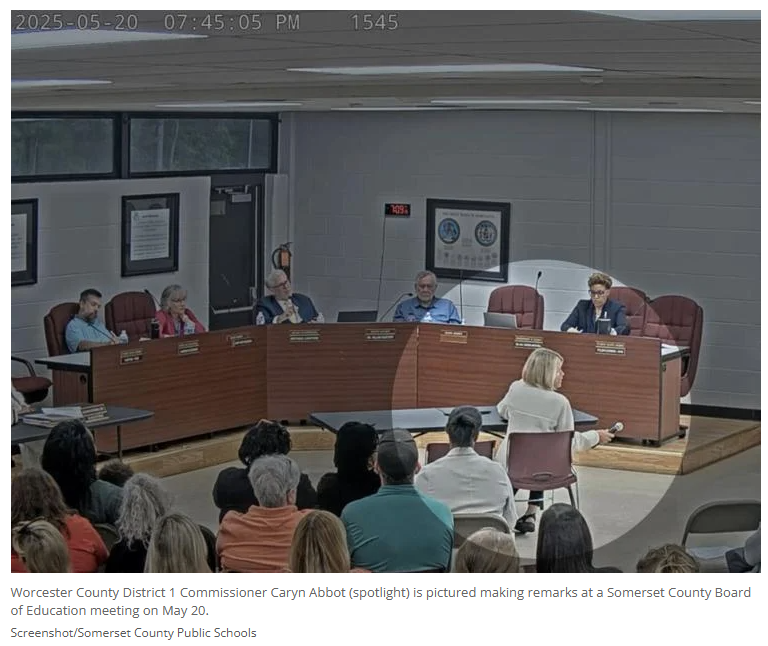
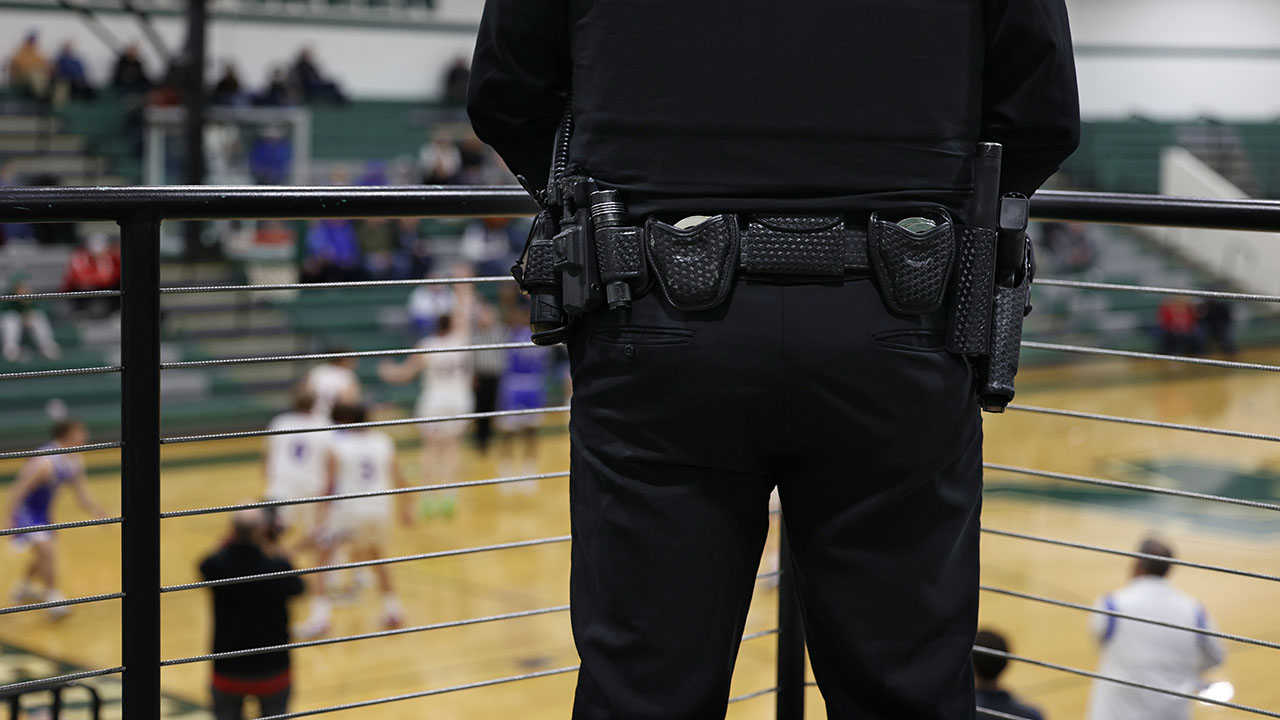
Maryland’s Proposed Student Discipline Bill and the Collaborative Efforts Between Schools and Law Enforcement
In response to mounting concerns about the current state of student discipline, Maryland lawmakers, including individuals with expertise in these matters, are advocating for a bill designed to reduce student arrests. This legislative endeavor comes after previous attempts, where the bill successfully passed the Senate but faced obstacles in advancing through the House Ways and Means Committee in previous years.
At the heart of this legislative push lies the implementation of the Memorandum of Understanding (MOU) between police agencies and schools, which aims to clarify the responsibilities of each party and ensure proper implementation to enhance the effectiveness of disciplinary measures. This MOU underscores the importance of collaboration between law enforcement and educational institutions in addressing student behavior issues while maintaining a safe and supportive learning environment.
Central to the proposed legislation is a provision seeking to prohibit the charging of students for specific disruptive behaviors within the school environment. Proponents of the bill argue that shifting away from punitive measures towards interventions and supportive systems could yield better outcomes for students. They emphasize the need to address the root causes of misbehavior to foster a positive and inclusive learning environment.
Advocates have underlined the importance of revising the education code to prioritize student support over punitive actions. They assert that by utilizing the Student Code of Conduct and support teams, schools can effectively manage disruptive behavior while also recognizing the complexity of student behavior and advocating for tailored interventions.
However, opponents of the bill contend that it fails to hold students accountable for disruptive behaviors and could further deteriorate the already challenging and unsafe atmosphere in Maryland’s public schools. They argue that implementing measures that do not address accountability may exacerbate existing disciplinary issues.
Critics of the current system argue that criminalizing student behavior can be counterproductive, potentially leading to higher rates of recidivism and school dropout. They suggest that a therapeutic approach, focused on support and intervention, could yield better long-term outcomes.
Importantly, the proposed legislation clarifies that serious offenses such as assault or carrying firearms will still be subject to arrest. This provision aims to ensure the safety of students and staff while addressing less severe infractions through alternative means.
Overall, the bill seeks to prevent students from being unnecessarily involved in the criminal justice system for minor infractions under Maryland’s education code. As the legislative process continues, it is essential for policymakers to consider the diverse perspectives of educators, students, and communities to craft effective and equitable disciplinary policies, particularly in the context of implementing the MOU between police agencies and schools.
Dig Deeper With Our Longreads
Newsletter Sign up to get our best longform features, investigations, and thought-provoking essays, in your inbox every Sunday.
The MEN was founded by John Huber in the fall of 2020. It was founded to provide a platform for expert opinion and commentary on current issues that directly or indirectly affect education. All opinions are valued and accepted providing they are expressed in a professional manner. The Maryland Education Network consists of Blogs, Videos, and other interaction among the K-12 community.
Recent Video
Recent Articles
No results found.


